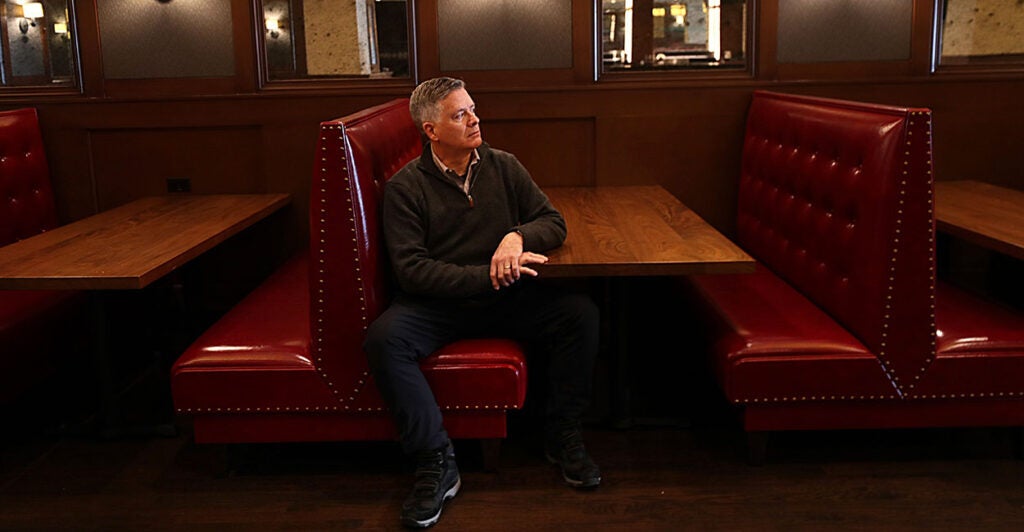Politicians have too much power over our lives.
Many used the pandemic as another excuse to take more.
Early on, politicians declared that they would decide who was “essential.” Everyone else was told to stay home.
Much of the economy stopped. Millions were laid off.
Then politicians relaxed the rules for industries that they deemed “essential.”
“You can’t just call somebody essential without implicitly suggesting that half the workforce is not essential,” points out Mike Rowe, host of the surprise hit TV series “Dirty Jobs.”
That’s a big problem, says Rowe, because people find purpose in work.
Now the Biden administration is eager to give money to people not working. It’s pushing a new stimulus package that would pay the unemployed an additional $400 a week.
Since states like mine tack on as much as $500 a week in unemployment benefits, many people learn that the $900 a week leaves them with more money if they don’t go back to work.
So, many don’t.
But staying home imposes costs, too. Calls to suicide hotlines are up. Domestic violence is up.
“It’s happening because people simply don’t feel valued,” says Rowe.
Politicians claim they save lives when they order businesses to close. When Gov. Andrew Cuomo announced a lockdown, he said, “If everything we do saves just one life, I’ll be happy.”
>>> What’s the best way for America to reopen and return to business? The National Coronavirus Recovery Commission, a project of The Heritage Foundation, assembled America’s top thinkers to figure that out. So far, it has made more than 260 recommendations. Learn more here.
Rowe mocks that in my new video this week.
“Let’s knock the speed limit down to 10 miles an hour, … make cars out of rubber, … make everybody wear a helmet,” he says. “Cars are a lot safer in the driveway, … ships a lot safer when they don’t leave harbor, and people are safer when they sit quietly in their basements, but that’s not why cars, ships, and people are on the planet.”
Rowe points out that working and accomplishing things are big parts of what makes life worth living. He runs a foundation that gives scholarships to people to help them learn trades like construction.
Of course, construction is dangerous. Some people get killed. Cuomo, should we stop building things?
Rowe likes the phrase, “Safety third!” as a response to people who constantly preach, “Safety first!”
“The ones who really get it done—they’re not out there talking about safety first. They know that other things come first. … Every single time I’ve hurt myself, it’s always been in that fraction of a moment where I take my eye off the ball and I start to think that maybe somebody somewhere cares more about my well-being than me,” he says.
Rowe says COVID-19 challenges us “to figure out how to live in a dangerous world. But guess what? That that’s always been the case.”
He cites C.S. Lewis’ essay “On Living in an Atomic Age,” in which Lewis asks:
How are we supposed to live in a world with atomic weapons when everything could be over like that? … [Lewis answered,] the same way we lived in a world when the Vikings could land on the shore a thousand years ago and raid villages.
There’s more to life than worrying about our death, writes Lewis: “We must resolutely train ourselves to feel that the survival of Man on this Earth … is not worth having unless it can be had by honorable and merciful means.”
COVID-19 is “just different,” says Rowe. “We’d be well-advised to understand where the risks are. And then we’d be better advised to go about the business of living the only life we have.”
DISTRIBUTED BY CREATORS.COM
The Daily Signal publishes a variety of perspectives. Nothing written here is to be construed as representing the views of The Heritage Foundation.
Have an opinion about this article? To sound off, please email letters@DailySignal.com and we will consider publishing your remarks in our regular “We Hear You” feature.
